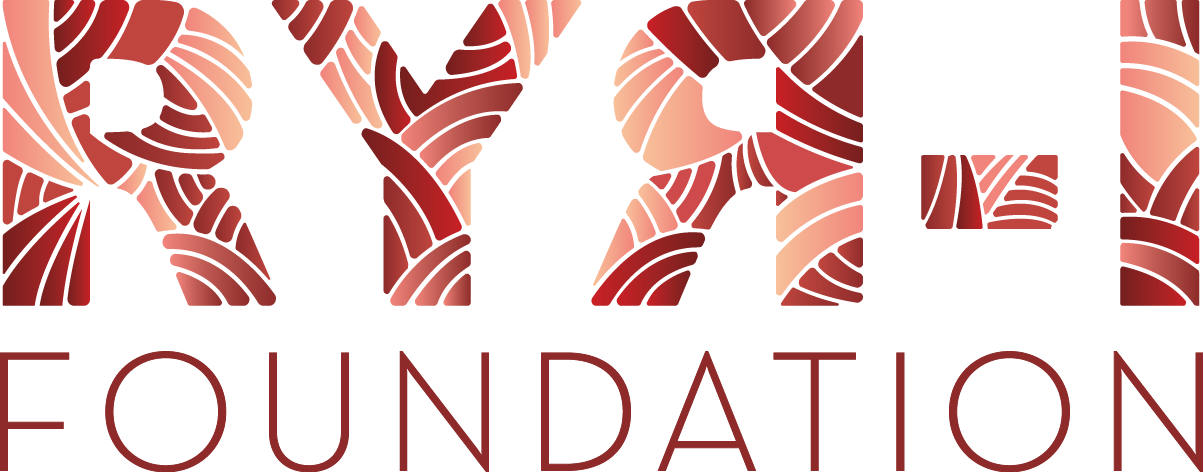
Authors: Ruben Attali, Sharon Aharoni, Susan Treves, Ori Rokach, Michal Becker Cohen, Yakov Fellig, Rachel Straussberg, Talya Dor, Muhannad Daana, Stella Mitrani-Rosenbaum, Yoram Nevo
We describe an autosomal recessive heterogeneous congenital myopathy in a large consanguineous family. The disease is characterized by variable severity, progressive course in 3 of 4 patients, myopathic face without ophthalmoplegia and proximal muscle weakness. Absence of cores was noted in all patients. Genome-wide linkage analysis revealed a single locus on chromosome 19q13 with Zmax = 3.86 at h = 0.0 and homozygosity of the polymorphic markers at this locus in patients. Direct sequencing of the main candidate gene within the candidate region, RYR1, was performed. A novel homozygous A to G nucleotide substitution (p.Y3016C) within exon 60 of the RYR1 gene was found in patients. ARMS PCR was used to screen for the mutation in all available family members and in an additional 150 healthy individuals. This procedure confirmed sequence analysis and did not reveal the A to G mutation (p.Y3016C) in 300 chromosomes from healthy individuals. Functional analysis on EBV immortalized cell lines showed no effect of the mutation on RyR1 pharmacological activation or the content of intracellular Ca2+ stores. Western blot analysis demonstrated a significant reduction of the RyR1 protein in the patient’s muscle concomitant with a reduction of the DHPRa1.1 protein. This novel mutation resulting in RyR1 protein decrease causes heterogeneous clinical presentation, including slow progression course and absence of centrally localized cores on muscle biopsy. We suggest that RYR1 related myopathy should be considered in a wide variety of clinical and pathological presentation in childhood myopathies.

